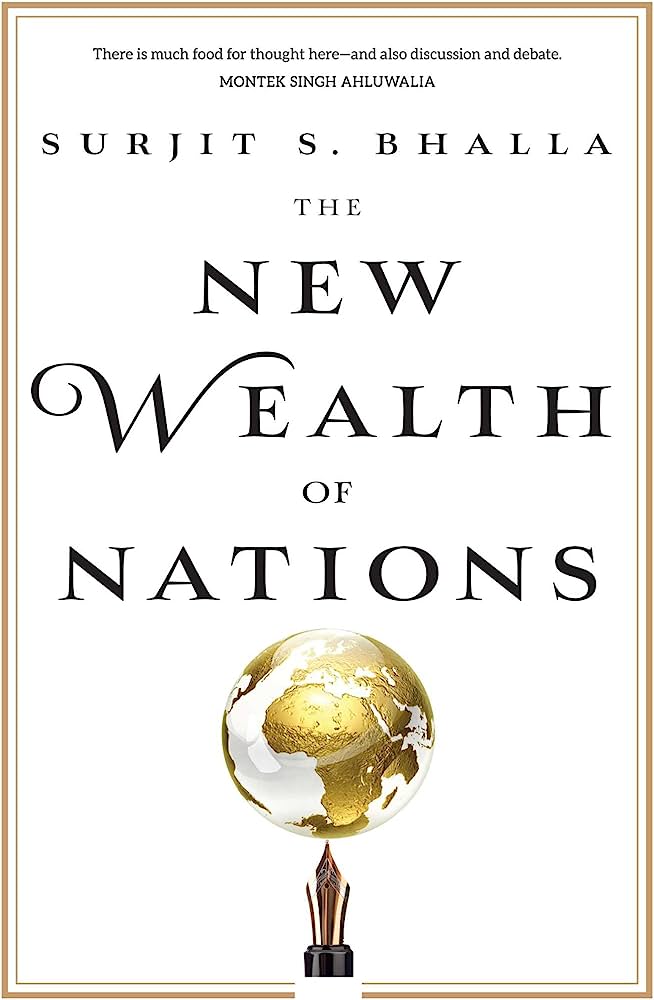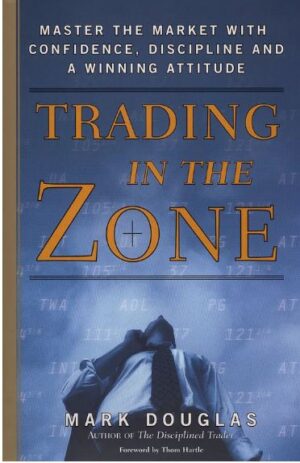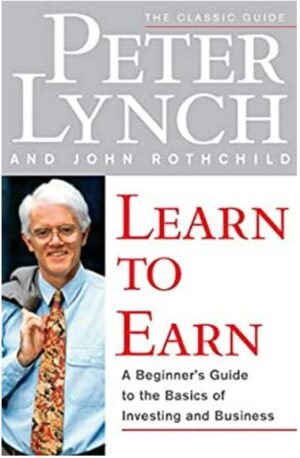Just four decades ago, the emerging world grappled with poverty and illiteracy. However, in a remarkable shift, over 70 percent of today’s global middle class resides in what were once considered poor nations. World income inequality has decreased to levels not seen since 1870, and there has been a significant reduction in absolute poverty. The driving force behind this rapid development and catch-up is succinctly explained in “The New Wealth of Nations” by esteemed economist Surjit S. Bhalla—the widespread dissemination of education.
The substantial increase in college graduates from non-Western countries, the advancement of women’s educational achievements, and the transformation of gender roles are pivotal in understanding the prevailing mega-trends. This unprecedented educational growth fosters global competition and lowers employment costs, contributing to the steady decline of world inflation for nearly two decades.
The book is groundbreaking in several aspects. It debunks fallacies present in anti-globalization rhetoric championed by supporters of Brexit and Trump. Additionally, it highlights a significant flaw in current attempts to measure wealth inequality. Through a compelling presentation of arguments, anecdotes, studies, calculations, tables, and charts, Bhalla emphatically emphasizes that education has become the new wealth, surpassing financial wealth in magnitude and being more equitably distributed.
Despite acknowledging the tremendous progress made by the developing world, “The New Wealth of Nations” delves into the downsides of the educational and technological explosion. It explores why both rich and emerging nations will need to consider options such as basic income and negative income tax to pave the way for a new welfare order suited to the ever-evolving 21st century. This thought-provoking book serves as a call to adapt to the changing landscape and embrace education as the cornerstone of progress and equality.







